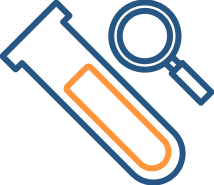

Blood chemistry reports can reveal a lot of information about your client’s health, but only if you interpret the results according to the optimal ranges rather than the lab’s reference ranges.






Get our free 3-step guide to getting real results for you and your clients by filling out your info below.